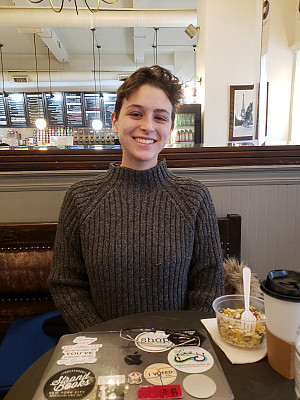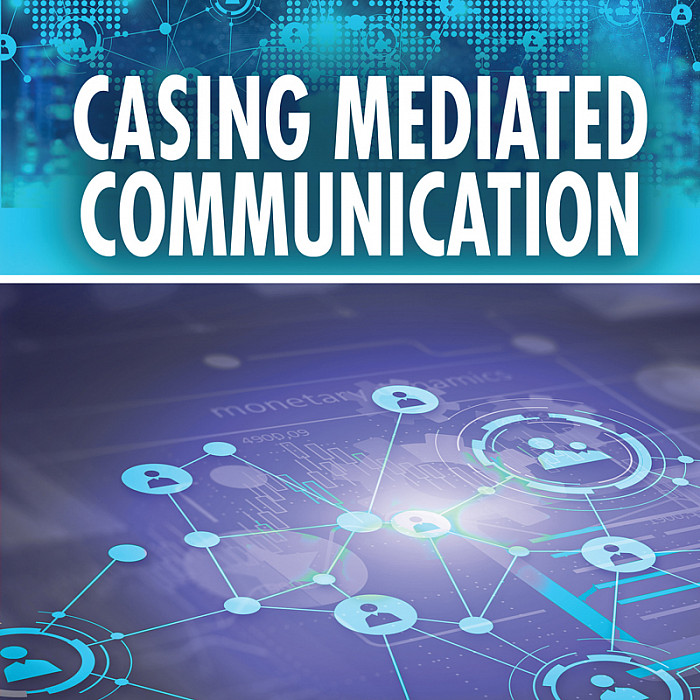Recent CMA alumnae, Camille Bourne ‘18, to Present Media Literacy Research at Honors Research Conference.

Recent Communication & Media Arts graduate, Camille Bourne, will present her senior thesis, On Truthiness: or How One Word Changed the Scope of American Political Scene at the Central States Communication Association Annual Conference as part of the Undergraduate Honors Research Conference in Omaha, Nebraska, April 5-6, 2019. Can’t make it to Omaha? You can catch the truth about truthiness at the 2019 Honors Day Colloquium, where Camille will present her research and receive the Dean’s Award for Excellence.
Below is her abstract, a preview of what’s to come!
In just over a decade, “fake news” has gone from being the business of over-the-top television personalities, to the business of over-the-top personalities who also happen to be leaders of the free world. As a result, media scholars have been left with the unprecedented task of reestablishing the concept as it relates to the culture that envelops it. Through his television show, The Colbert Report (2005-2014), Stephen Colbert embodied this shift with a rare level of timeliness. When he popularized the term “truthiness” on the Report’s debut, he was setting in motion a culture of optional adherence to facts that no one could have foreseen- especially Colbert himself. This study examines the political, cultural, and sociological implications the evolution of truthiness has had on the modern media landscape in conjunction to the theory of constructivism. From Super PACs to runs for President (kind of), Colbert is one of the most noteworthy American satirists of the 21st Century, and serves as an excellent case study for emphasizing the critical importance of media literacy.
Published: March 01, 2019
